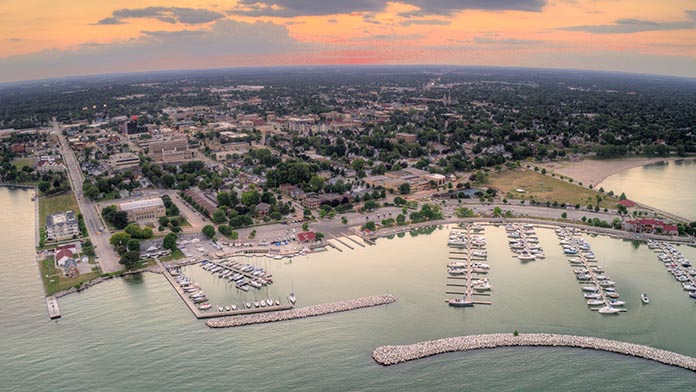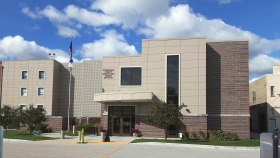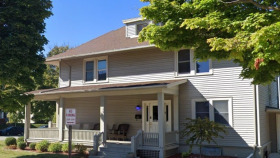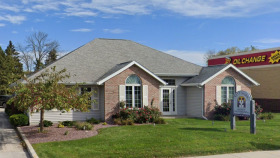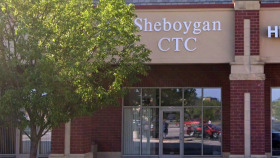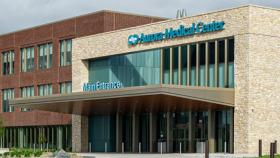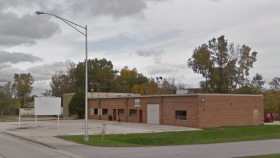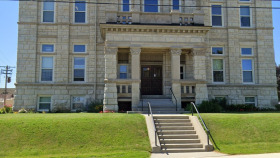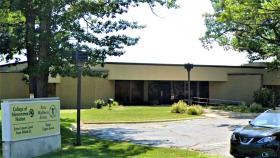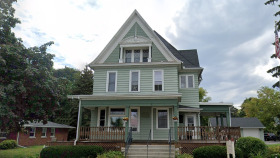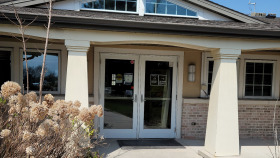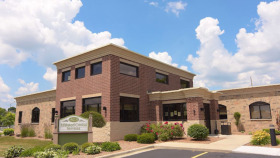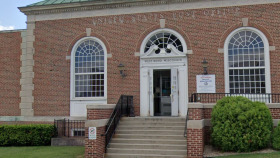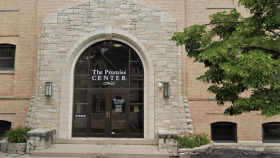Substance Abuse Statistics in Sheboygan, WI
Substance misuse statistics for the city of Sheboygan and Sheboygan County as a whole include:
In 2021, 96% of the county’s opioid overdose deaths involved synthetic opioid drugs, and 65% of victims were male.
Sheboygan County hospitals recorded 40 opioid-related emergency room visits in 2021 and provided inpatient treatment for 17 patients.
In 2021, roughly 22% of Sheboygan adults said they engaged in binge drinking behavior.
How to Pay for Drug Rehab in Wisconsin
Cost shouldn’t be a barrier to quality addiction treatment. There are many ways to finance drug rehab so that you can get the help you need.
Use Private Health Insurance
If you have private health insurance through work or the Healthcare Marketplace, you can use your plan to at least partially, if not fully, cover substance abuse treatment services. Every plan is different—some fully cover inpatient rehab for a certain period while others may only partially cover residential. Make sure to call your provider to learn more. And once you know what your insurance provider will pay, make sure to find a rehab that is in-network with your provider.
BadgerCare (Wisconsin Medicaid)
BadgerCare is Wisconsin’s Medicaid program for low-income people, families, and pregnant individuals who don’t have access to private health insurance. BadgerCare covers drug and alcohol rehab in Wisconsin, including inpatient, outpatient, medication-assisted treatment, assessments, and beyond. Not every treatment facility accepts Medicaid, though, so you’ll want to do your research before committing to one.
Medicare
Medicare is a government program providing health insurance coverage to Wisconsin residents aged 65 and older or those with certain disabilities or health conditions. Like BadgerCare, Medicare covers substance abuse treatment services, such as outpatient rehab, residential treatment, and addiction treatment medications.
TRICARE in Wisconsin
TRICARE provides health insurance coverage for veterans, active-duty military personnel, and their families, and it covers much-needed drug rehab and alcohol rehab services as well as mental health treatment.
Sliding Scale Rehabs
Sliding scale rehabs are able to offer treatment at discounted rates depending on a person’s income, meaning that they only charge you what you are reasonably able to pay. This can greatly reduce the financial burden of drug rehab and enable you to seek the treatment you need to recover from addiction.
IHS-Funded Drug Rehabs
Some drug and alcohol rehabs receive funding from the Indian Health Service, which is a federal health program for Indigenous people in the U.S., including Alaskan Natives. These rehabs offer no-cost addiction treatment to Native Americans, whether they already have health insurance or not. However, the majority of IHS-funded drug rehabs are located on reservations, which may make it difficult for Indigenous folks in cities to access them.
Resources
- Wisconsin Department of Health Services. (2022, September 7). Dose of Reality: Opioid Treatment Data by County Dashboard.
- Substance Abuse and Mental Health Services Administration. (n.d.). FindTreatment.gov.
- Wisconsin Department of Health Services. (2022, September 7). Dose of Reality: Opioid Data Summary Dashboard.
- Wisconsin Department of Health Services. (2022, September 7). Dose of Reality: Opioid Deaths by County Dashboard.
- Centers for Disease Control and Prevention, National Center for Health Statistics. CDC Wonder Online Database. (2021). Underlying Cause of Death, 1999-2020 Results, Deaths occurring through 2020.
- Centers for Disease Control and Prevention. (2022). PLACES: Local Data for Better Health, Place Data 2022 Release.

